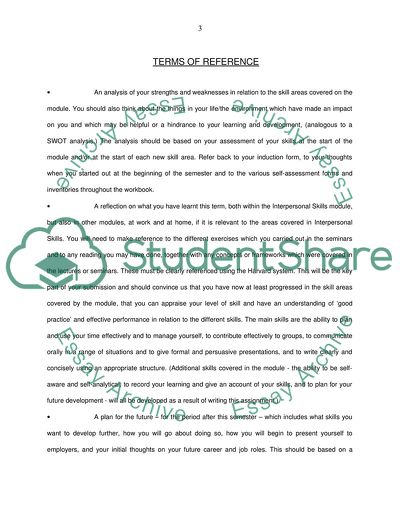Cite this document
(“The Significance of Interpersonal Skills in the Workplace Assignment - 1”, n.d.)
The Significance of Interpersonal Skills in the Workplace Assignment - 1. Retrieved from https://studentshare.org/social-science/1710415-interpersonal-skills
The Significance of Interpersonal Skills in the Workplace Assignment - 1. Retrieved from https://studentshare.org/social-science/1710415-interpersonal-skills
(The Significance of Interpersonal Skills in the Workplace Assignment - 1)
The Significance of Interpersonal Skills in the Workplace Assignment - 1. https://studentshare.org/social-science/1710415-interpersonal-skills.
The Significance of Interpersonal Skills in the Workplace Assignment - 1. https://studentshare.org/social-science/1710415-interpersonal-skills.
“The Significance of Interpersonal Skills in the Workplace Assignment - 1”, n.d. https://studentshare.org/social-science/1710415-interpersonal-skills.


